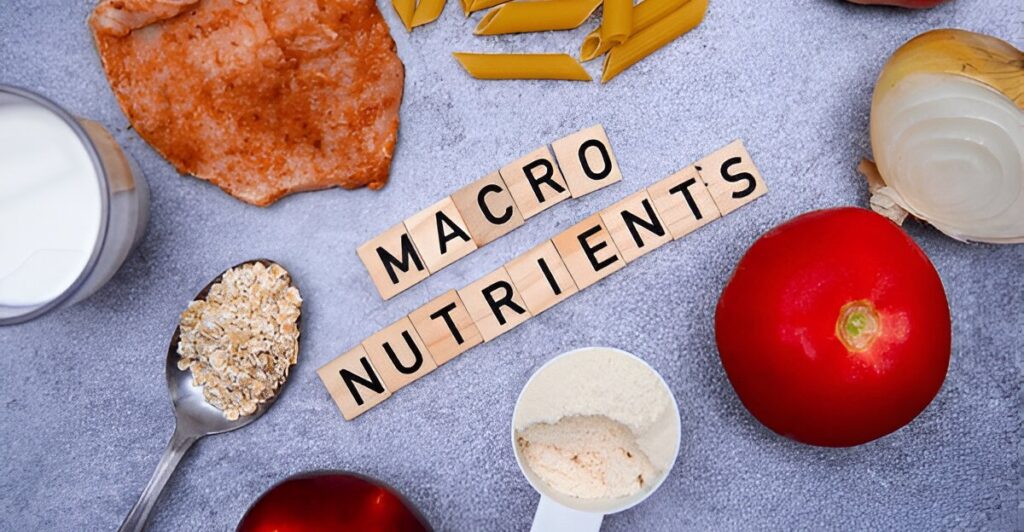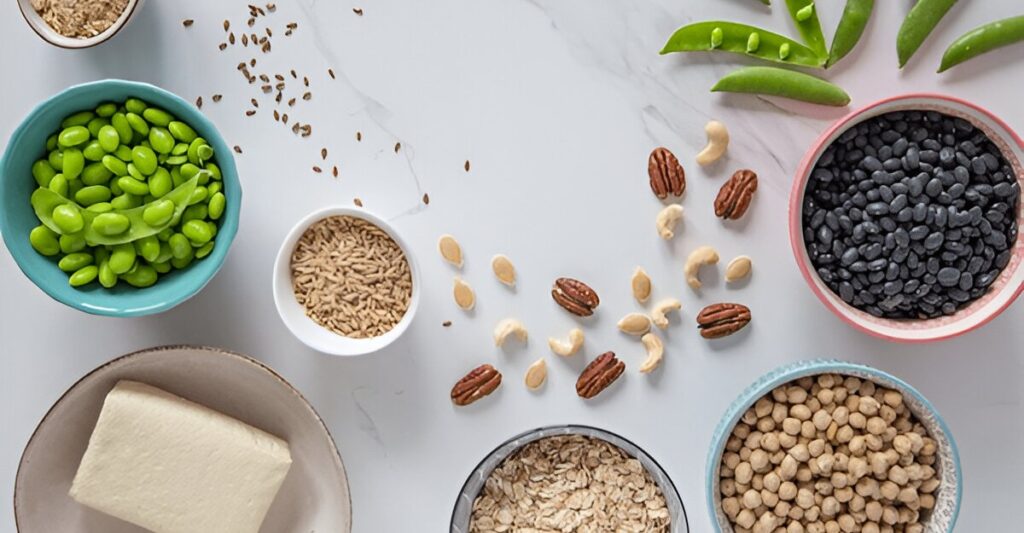Whether you’re a weekend warrior or a competitive athlete, recovery is just as crucial as training. The role of nutrition in sports recovery cannot be overstated—it fuels muscle repair, replenishes energy stores, and reduces soreness to keep you performing at your best. This article explores how to harness the power of food to enhance recovery, offering science-backed strategies to help you bounce back stronger.
Why Nutrition Matters for Recovery
Exercise, while beneficial, stresses your body. Intense workouts break down muscle fibers, deplete glycogen (stored energy), and increase inflammation. Proper nutrition provides the building blocks to repair tissues, restore energy, and reduce oxidative stress.
The role of nutrition in sports recovery centers on delivering the right nutrients at the right time to:
- Promote muscle protein synthesis for repair and growth.
- Replenish glycogen to restore energy.
- Reduce inflammation and muscle soreness.
- Support immune function to prevent illness.
By optimizing your diet, you can recover faster, train harder, and minimize injury risk. Let’s dive into the key nutrients and strategies.
Essential Nutrients for Sports Recovery
To maximize recovery, focus on these nutrients that play a pivotal role in the role of nutrition in sports recovery:
1. Protein
Protein is the cornerstone of muscle repair, providing amino acids to rebuild damaged fibers and stimulate muscle protein synthesis.
- Best Sources: Chicken, fish, eggs, Greek yogurt, tofu, and whey or plant-based protein powders.
- How Much: Aim for 20-40 grams of protein post-workout, or 1.6-2.2 grams per kilogram of body weight daily, per a 2018 study in Sports Medicine.
- Tip: Pair protein with carbs for optimal recovery (see below).
2. Carbohydrates
Carbs replenish glycogen stores depleted during exercise, ensuring you have energy for your next session.
- Best Sources: Oats, sweet potatoes, quinoa, bananas, and whole-grain pasta.
- How Much: Consume 0.5-1 gram of carbs per kilogram of body weight post-workout, depending on intensity, per the Journal of the International Society of Sports Nutrition (2020).
- Tip: Fast-digesting carbs like fruit or white rice are ideal immediately after exercise.
3. Healthy Fats
Fats, particularly omega-3 fatty acids, reduce inflammation and support long-term recovery.
- Best Sources: Salmon, walnuts, chia seeds, flaxseeds, and avocados.
- How Much: Include 1-2 servings of healthy fats daily, avoiding heavy fats right after workouts to speed nutrient absorption.
- Tip: Add a small amount of olive oil to post-workout meals for anti-inflammatory benefits.
4. Micronutrients
Vitamins and minerals like vitamin C, vitamin D, magnesium, and zinc aid tissue repair, immune function, and muscle relaxation.
- Best Sources: Citrus fruits (vitamin C), fatty fish (vitamin D), spinach (magnesium), and pumpkin seeds (zinc).
- Tip: A varied diet ensures adequate micronutrients, but consider testing for deficiencies if recovery feels sluggish.
5. Hydration
Dehydration impairs muscle repair and performance. Electrolytes like sodium and potassium help maintain fluid balance.
- Best Sources: Water, coconut water, or sports drinks for intense sessions.
- How Much: Aim for 16-24 ounces of fluid per pound lost during exercise, per the American College of Sports Medicine.
- Tip: Add a pinch of salt to water for electrolyte replenishment after sweaty workouts.
Timing Your Nutrition for Optimal Recovery
The role of nutrition in sports recovery isn’t just about what you eat but when. Timing nutrients strategically enhances their effectiveness.
Post-Workout Window (Within 30-60 Minutes)
Your body is primed to absorb nutrients right after exercise, making this the ideal time to refuel.
- What to Eat: A 3:1 or 4:1 carb-to-protein ratio meal or snack, like a smoothie with whey protein, banana, and oats, or grilled chicken with sweet potato.
- Why It Works: Carbs restore glycogen, while protein kickstarts muscle repair, per a 2013 study in Journal of the International Society of Sports Nutrition.
Pre-Workout Nutrition (1-3 Hours Before)
Fueling before exercise sets the stage for better performance and recovery.
- What to Eat: A balanced meal with carbs and protein, like a turkey sandwich on whole-grain bread or Greek yogurt with fruit.
- Why It Works: Pre-workout nutrition ensures energy availability, reducing muscle breakdown during exercise.
Throughout the Day
Consistent nutrition supports ongoing recovery, especially for athletes training multiple times daily.
- What to Do: Spread protein intake across 4-5 meals (20-30 grams each) and include carbs and fats based on activity levels.
- Why It Works: Evenly distributed nutrients maintain muscle repair and energy balance, per a 2017 study in Nutrients.
Top Recovery Foods and Meals
Incorporate these foods to harness the role of nutrition in sports recovery:
- Smoothie: Blend whey protein, berries, spinach, and almond milk for a nutrient-packed post-workout drink.
- Salmon Bowl: Grilled salmon, quinoa, avocado, and roasted vegetables for omega-3s, carbs, and protein.
- Egg Scramble: Eggs, sweet potato, and kale for a balanced, recovery-focused breakfast.
- Greek Yogurt Parfait: Layer Greek yogurt, granola, and fruit for a quick, protein-rich snack.
- Chicken Stir-Fry: Lean chicken, brown rice, and broccoli for a dinner that supports muscle repair.
Lifestyle Factors to Boost Recovery
Nutrition is critical, but other habits amplify its impact:
- Sleep: Aim for 7-9 hours nightly to support muscle repair and hormone balance, per a 2019 study in Sports Medicine.
- Active Recovery: Light movement like walking or yoga improves blood flow, aiding nutrient delivery to muscles.
- Stress Management: High cortisol from stress can impair recovery. Practice mindfulness or meditation.
- Stretching and Mobility: Regular stretching reduces soreness and enhances muscle recovery.
Common Myths About Nutrition and Recovery
Let’s debunk some misconceptions:
- Myth 1: You Need Protein Immediately After a Workout
While the post-workout window is optimal, consuming protein within 1-2 hours is effective for most, per a 2018 study in Journal of the International Society of Sports Nutrition. - Myth 2: Carbs Are Bad for Recovery
Carbs are essential for glycogen replenishment, especially for endurance or high-intensity athletes. - Myth 3: Supplements Are Better Than Food
Whole foods provide a synergy of nutrients that supplements can’t fully replicate, though protein powders can be convenient.
Practical Tips for Optimizing Recovery Nutrition
Ready to leverage the role of nutrition in sports recovery? Try these strategies:
- Plan Ahead: Prep post-workout meals or snacks to ensure timely nutrition, like keeping a protein shake in your gym bag.
- Track Intake: Use apps like MyFitnessPal to monitor protein, carbs, and hydration, especially during intense training phases.
- Experiment with Timing: Test different eating schedules to find what maximizes your energy and recovery.
- Prioritize Whole Foods: Focus on minimally processed foods for nutrient density and better recovery outcomes.
- Consult a Dietitian: For personalized plans, especially if you’re a competitive athlete or have specific needs.
The Science Behind Recovery Nutrition
Research underscores the role of nutrition in sports recovery. A 2020 study in Nutrients found that post-workout protein and carb combinations increased muscle protein synthesis by up to 30% compared to protein alone. Similarly, a 2019 meta-analysis in Sports Medicine confirmed that omega-3 fatty acids reduce muscle soreness and inflammation, enhancing recovery. By aligning your diet with these findings, you can optimize performance and resilience.
Conclusion
The role of nutrition in sports recovery is a game-changer for athletes at any level. By prioritizing protein, carbs, healthy fats, and proper timing, you can accelerate muscle repair, replenish energy, and reduce soreness. Pair your nutrition plan with sleep, active recovery, and stress management for the best results.
Start small—try a post-workout smoothie or add a nutrient-dense meal to your routine. With consistency and a science-backed approach, you’ll recover faster and perform better.
Call to Action: Ready to boost your recovery? Share your favorite post-workout meal in the comments or try one of our recovery recipes this week!


